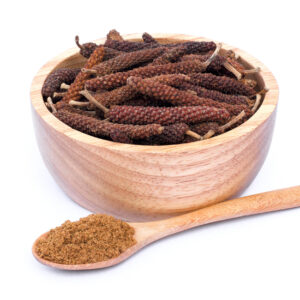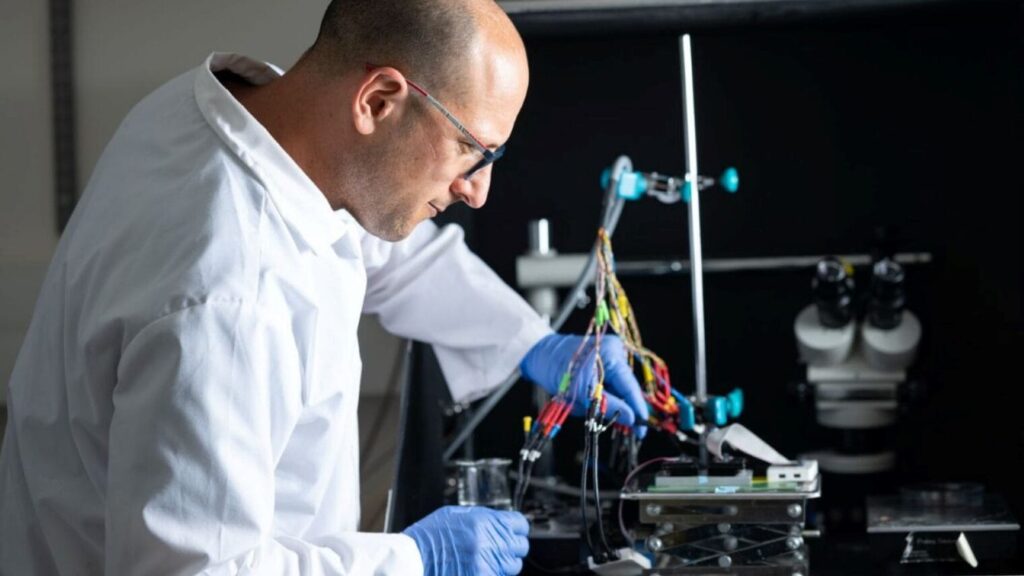
BGU Study Discovers Antibiotic Potential in Long Pepper Plant
BGU Study Discovers Antibiotic Potential in Long Pepper Plant
August 6, 2024
Medical Research, Research News
NoCamels – Researchers at Ben-Gurion University of the Negev (BGU) are recommending the use of the long pepper plant as a new form of antibiotic, countering the increasing appearance of antibiotic-resistant pathogens. The plant is a close relative of the black pepper.
Prof. Ariel Kushmaro of BGU’s Avram and Stella Goldstein-Goren Department of Biotechnology Engineering focused on the long pepper, alongside local and international colleagues.
The long pepper is used in traditional medicine to treat a number of illnesses, and, like many other plants, produces organic compounds known as secondary metabolites to provide crucial protection against pathogens.
Together, the researchers created a derivative of the long pepper plant that disrupts the chemical communication between bacteria.
The researchers examined 16 derivatives of a naturally occurring substance in the long pepper called Piperlongumine (PL). They settled on the PL-18 derivative, which they believe is the most effective in reducing bacterial virulence and disrupting the biofilm (microorganisms whose cells stick to one another and to a surface) that surrounded the sample bacteria.
They recommend the development of PL-18 for use against bacterial infection, antibiotic resistance, and the formation of biofilms.




